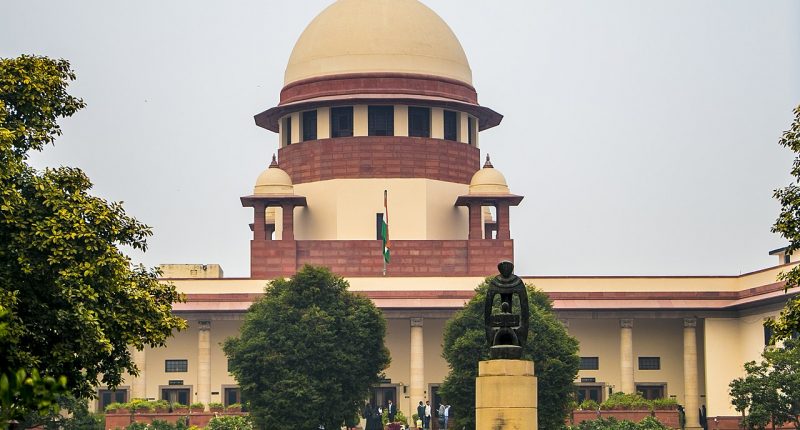Holding social media intermediaries accountable for content on their platforms has been one of the main pillars of the latest IT Rules 2021, especially since fake news has been disseminated far and wide on such platforms and web portals. On Thursday, the Supreme Court maintained that while the freedom of the press in a democratic country must be respected, fake news, slander, and reports with communal tones brought a bad name to the country itself.
Hearing petitions by Jamiat Ulema-i-Hind regarding the spread of fake news on its congregation at Markaz Nizamuddin on March 2020, a bench led by CJI NV Ramana and consisting of Justices Surya Kant and A S Bopanna said, “Twitter, Facebook or YouTube—they never respond to us and there’s no accountability. About the institutions, they have written badly and they don’t respond… and say this is their right. They only worry about powerful men and not judges, institutions, or the common man. That is what we have seen.”
While print and television media were responsible for the content they aired and had regulatory mechanisms in place, content on online media often carried communal overtones, and there was no control.
Social media companies operating in the world’s second-largest internet market have come under increased scrutiny in recent times as the government has clamped down on them hard, holding them accountable and preventing them from misusing the fundamental right to speech and expression. With the absence of regulatory control over fake news and slandering on YouTube channels and other electronic media, they can “publish anything they want without verification or paying heed to facts. If you go to YouTube, there are many channels circulating fake news. Anyone can start a YouTube channel and circulate whatever they want. There is no regulatory mechanism for these channels and portals.”
Solicitor General Tushar Mehta said that the Information Technology (Intermediary Guidelines and Digital Media Ethics Code) Rules, 2021 strove to strike a balance between the right to free speech on the media’s part and the right to correct information on the citizens’ part, striving to halt the dissemination of fake news and holding the channels and web portals that circulate them accountable.
“Through the new IT rules, the government intends to fasten accountability on the media and the reports they publish. We have attempted to strike a balance between freedom of speech and the right to correct news through a three-tier mechanism. First, the aggrieved person can make a complaint to concerned media; second, the media is mandated to take corrective measures or give response to the complaint within 15 days; thirdly, if no corrective measures are undertaken or the complaint remains unheeded beyond 15 days, the authorities can initiate proceedings,” Mehta added.
